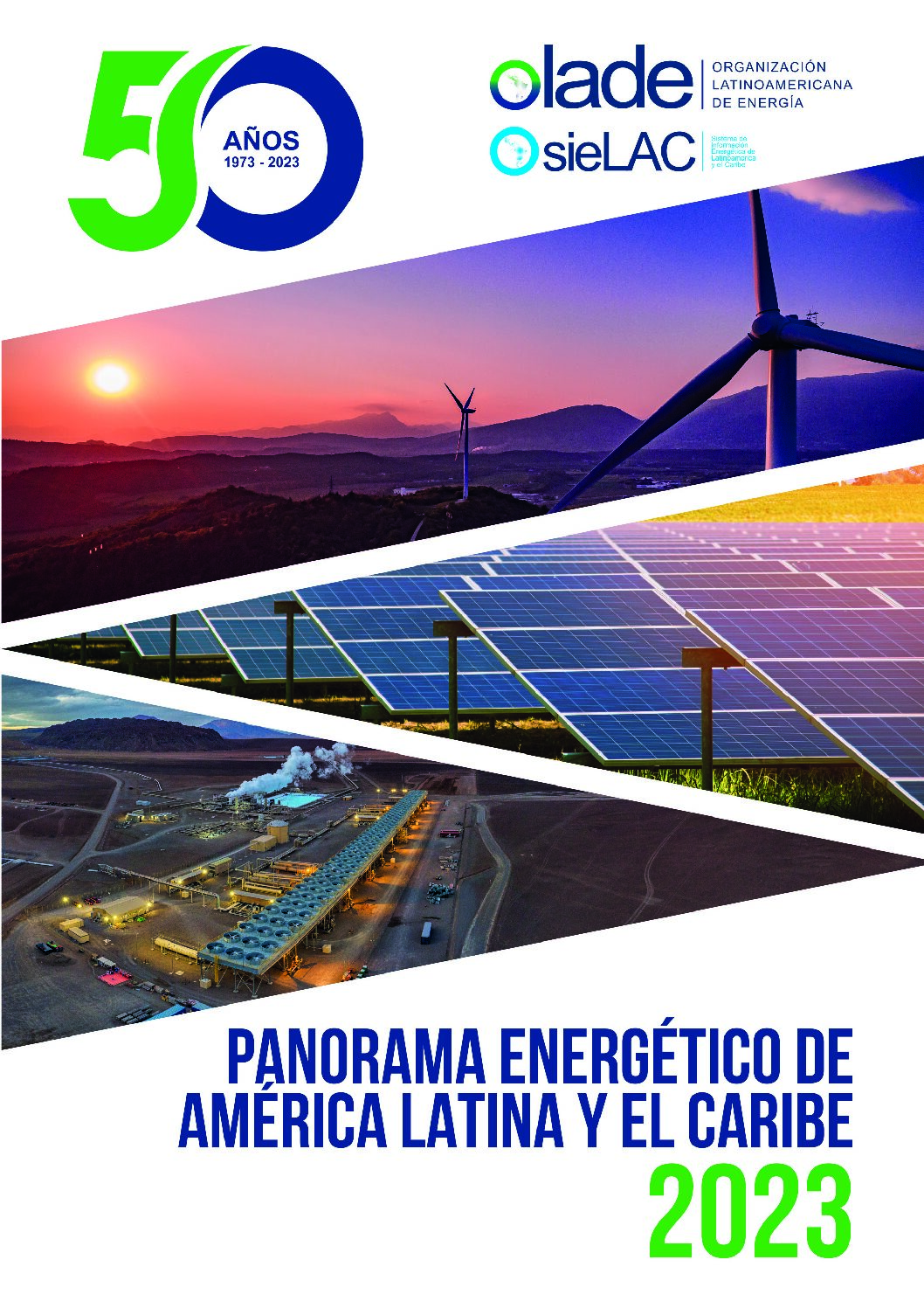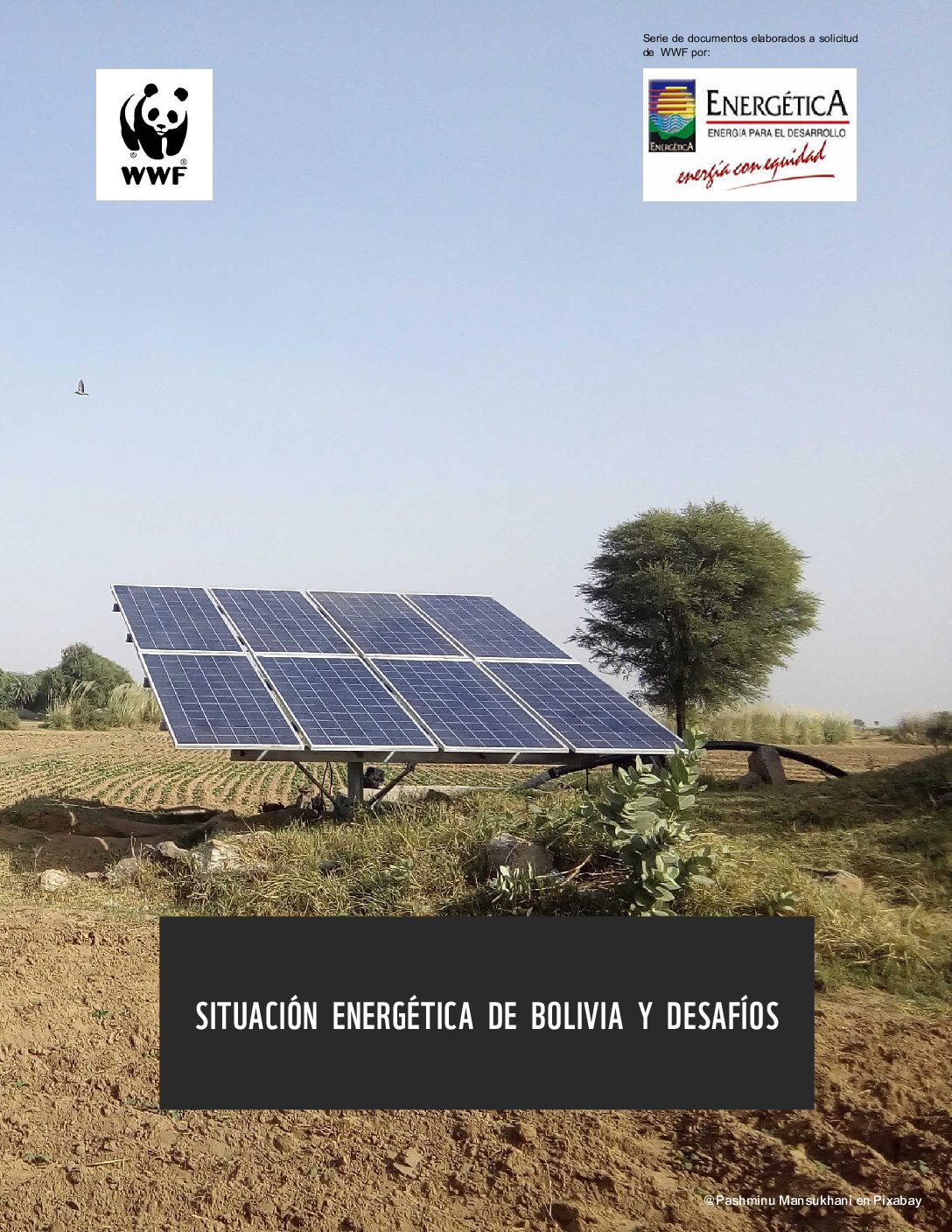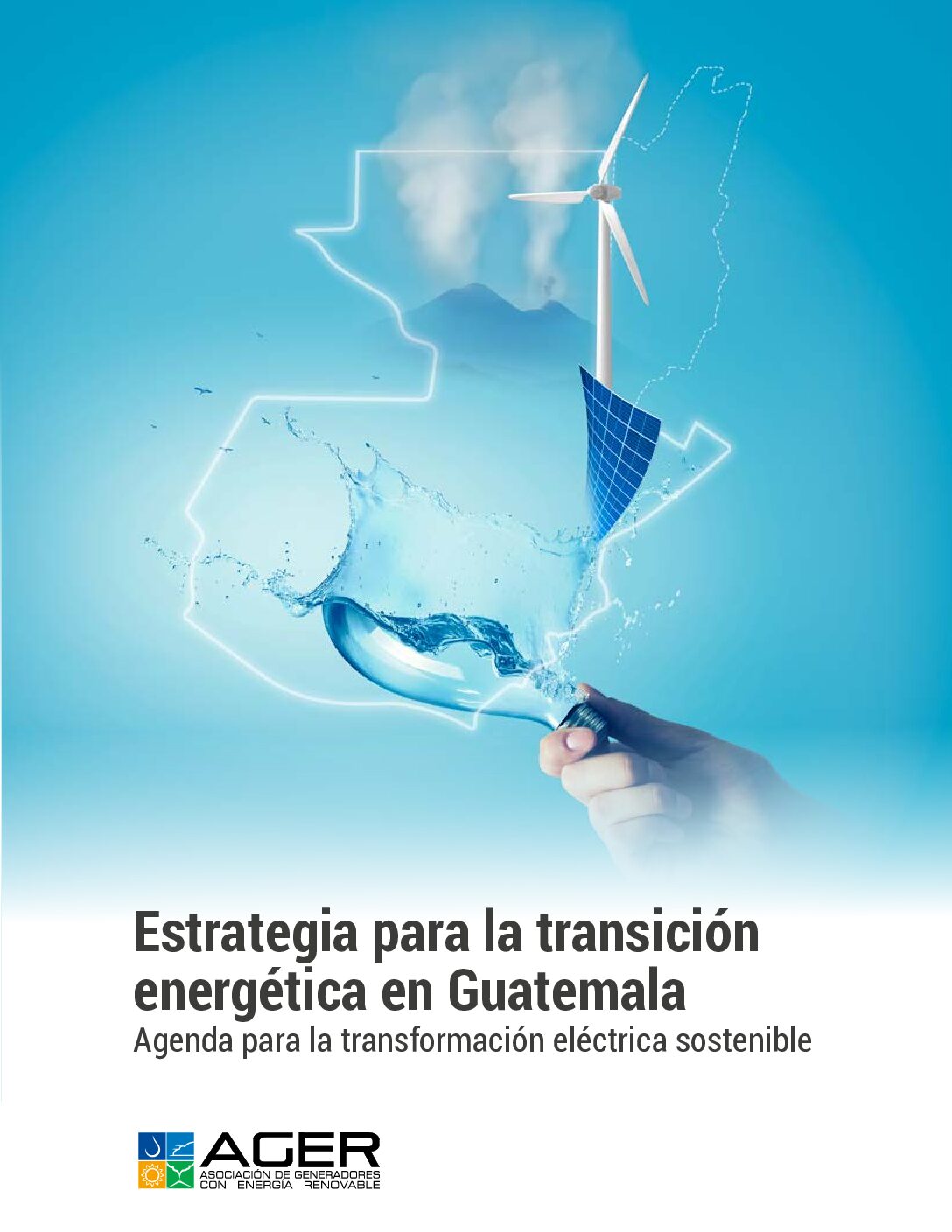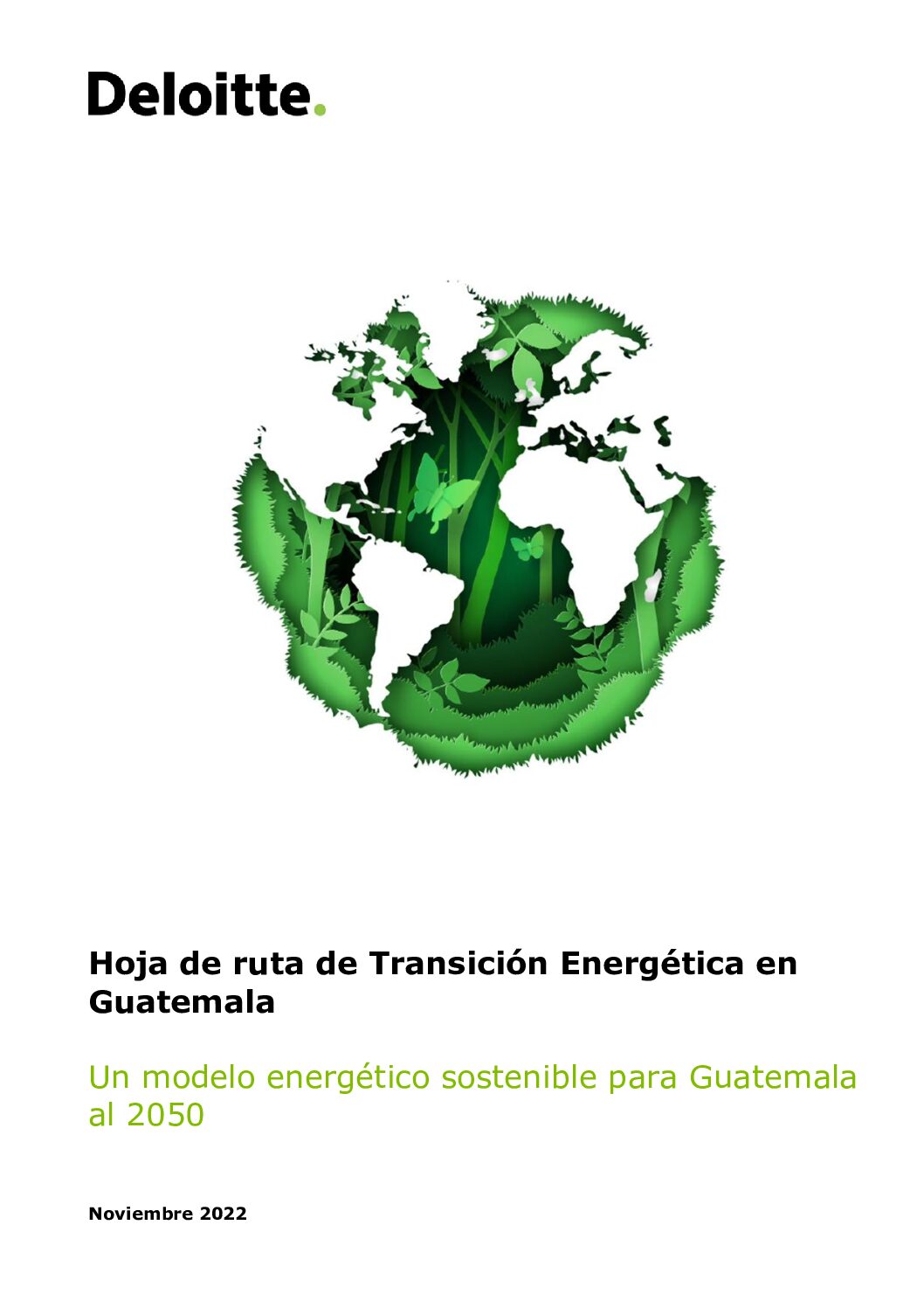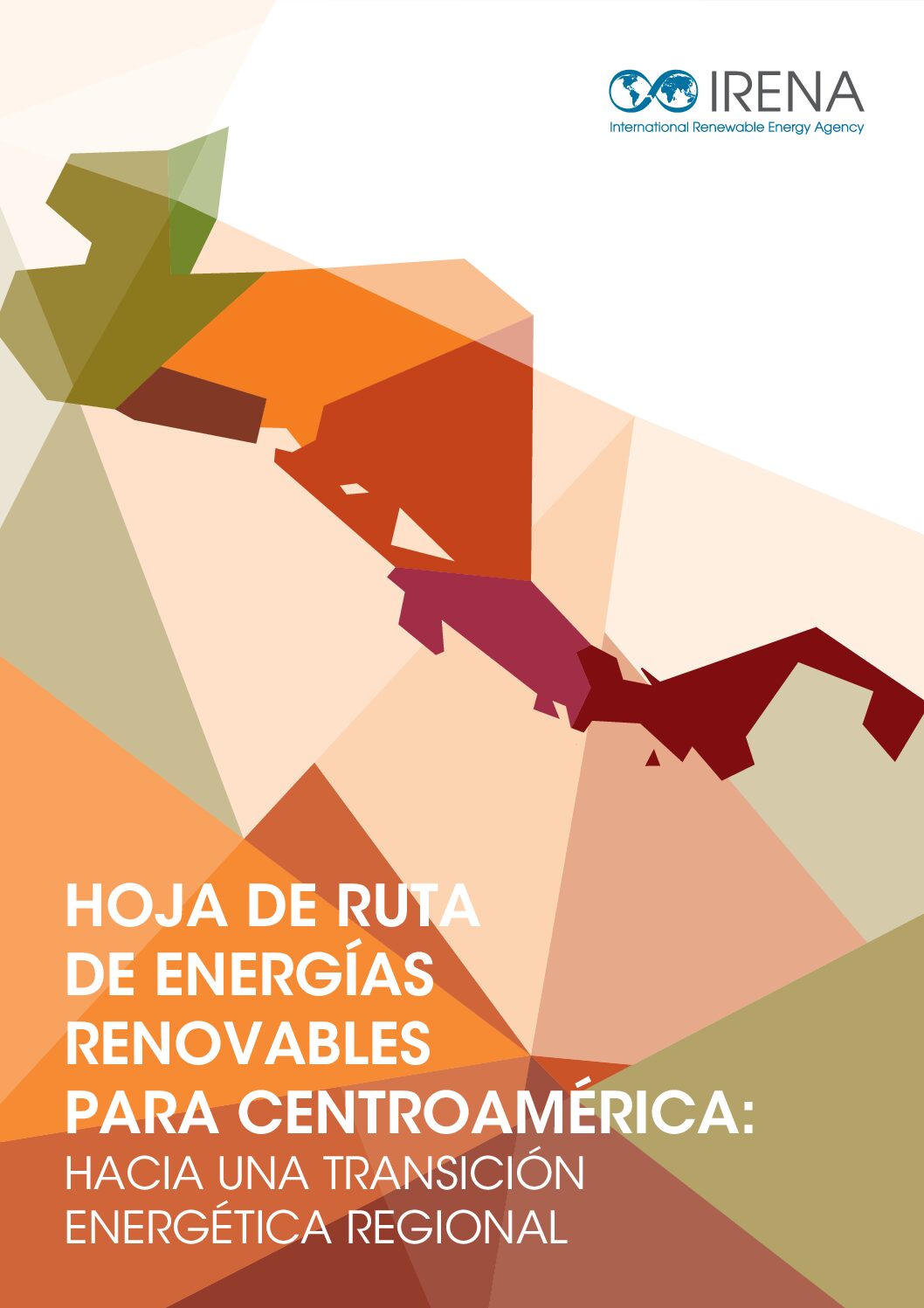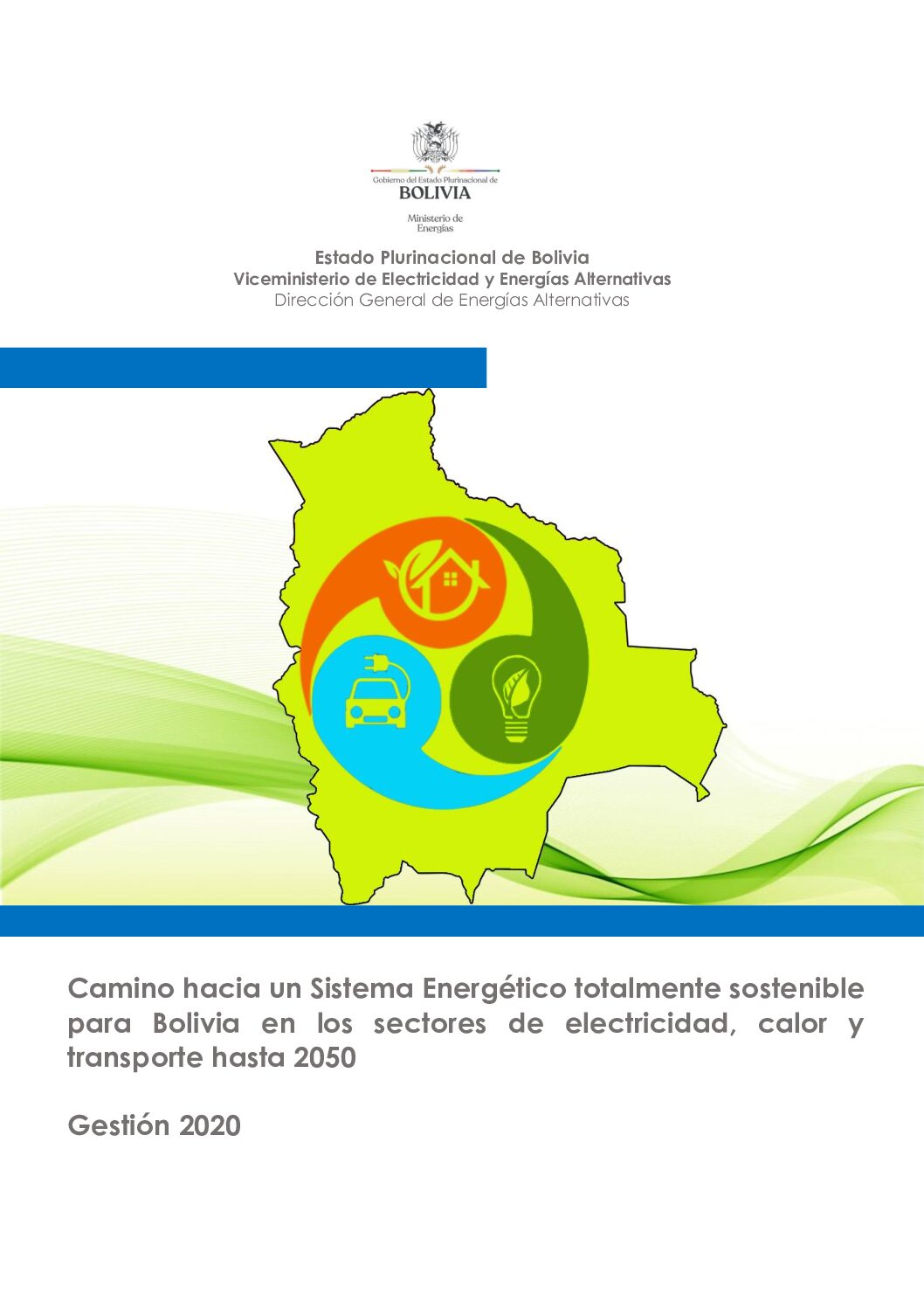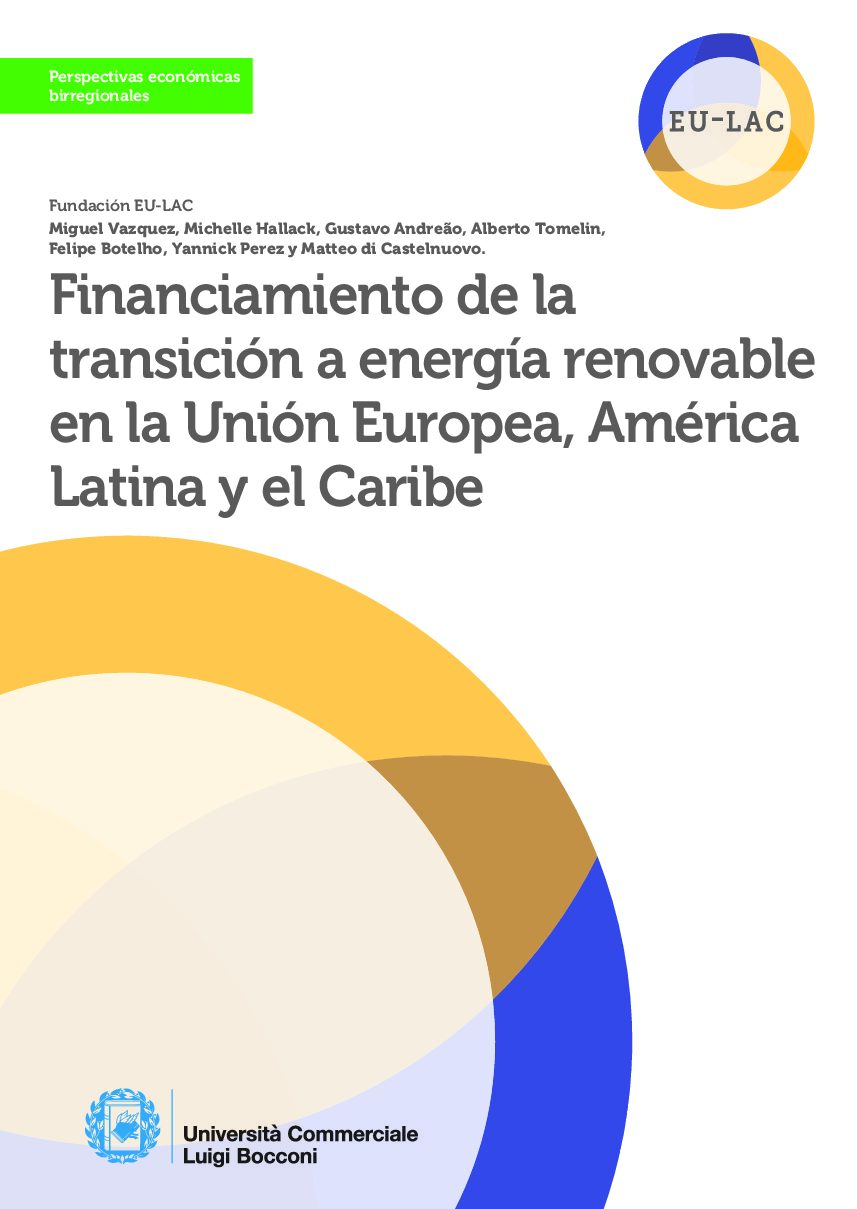This report presents data on energy systems and trends, information on policy frameworks, and future scenarios on the energy system in the countries of Latin America and the Caribbean
This report explores ways to identify and mitigate energy transition investment risks in the low- and middle-income countries, pointing out 1) that better energy planning can attract greater investment in renewable energy, 2) that sustainable fuels will play an important role in delivering the energy transition, and 3) that the social dimensions of the transition […]
This report identifies and analyses key risks and barriers to private-sector investment in interconnected mini-grids in Nigeria, and evaluates policy and financial instruments designed to address them.
This guidebook summarizes a broad range of policy and financial instruments that governments can implement to foster the development of the interconnected mini-grid market, driven by the private sector.
This report assesses the current status of the Bolivian energy sector, including a policy, legal and technical overview, and highlights specific challenges the sector faces.
In this report, the Association of Renewable Energy Generators (Asociación de Generadores con Energía Renovable) aims to demonstrate the political, technical and economic feasibility of achieving at least 80% renewable electricity in Guatemala.
This roadmap defines a scenario for a successful energy transition in Guatemala by 2050, and provides policy recommendations.
This report adopts a regional lens to the energy transition in Central America, providing baseline data and future scenarios.
This report sketches a roadmap towards a sustainable energy, heating and transport sector in Bolivia.
This is a comparative study of energy transition financing policies and technology transfer in the EU and LAC.

